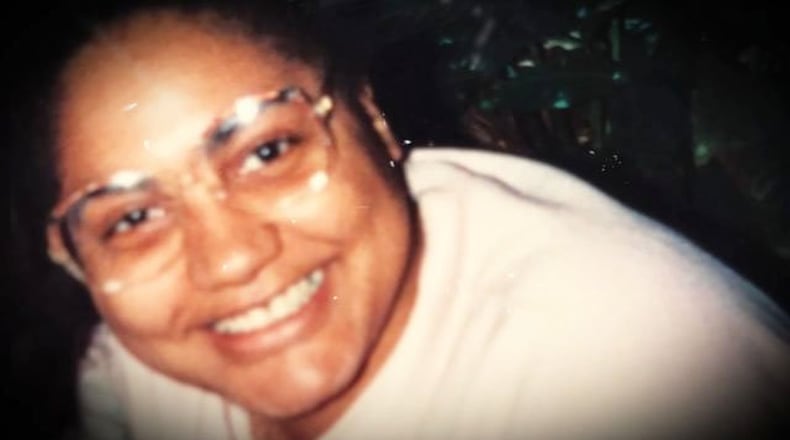Wickie Yvonne Bryant died alone in an unlit cell at the Atlanta City Detention Center after she didn’t get proper medication to treat her diabetes.
Now, the city of Atlanta is expected to pay $995,000 to her family to settle a lawsuit that accuses the city, detention center officials and others of deliberate indifference to her serious medical condition.
The settlement is on the City Council’s consent agenda for Monday and is expected to be approved, Councilman Dustin R. Hillis said. A city committee earlier this week unanimously agreed to recommend the settlement, he said.
M.J. Blakely, the Atlanta attorney who represented the deceased woman’s family, said he could not comment.
“It is my understanding we are still waiting for approval,” Blakely said.
Bryant was among at least a dozen diabetics who died in Georgia's prisons and jails over the past decade from diabetic ketoacidosis, a recent Atlanta Journal-Constitution investigation found. The condition is fatal only when left untreated. Then, the blood turns acidic and organs fail. Symptoms include nausea and vomiting, seizures, confusion and lethargy, and the diabetic can slip into a coma.
According to the lawsuit, Bryant had extremely high blood sugar when she entered the jail on Sept. 14, 2015, on a disorderly conduct charge. Jail officials also knew she had a history of serious mental health issues, including schizophrenia and bipolar disorder, and she was assigned to a section of the jail for those with mental health issues.
After she became agitated, she was moved to a dark cell in the back of a maximum security portion the jail, where the lights had not functioned for years, making it hard to see inmates well enough to monitor their health, the lawsuit contends.
Her body was discovered 29 days after her arrest, after a detainee who was picking up dinner trays noticed that she hadn't been eating her meals. Bryant apparently had been dead for hours. The 55-year-old was found lying on her bunk in full rigor, with vomit on her face, on the sheet beneath her and on the floor.
No one at the jail could explain why Bryant was in such a state, an investigator for the Fulton County Medical Examiner’s office wrote in a report on the death. “I asked if she was taking medications while in jail and what her history was,” wrote Betty Honey. “No one could tell me about her history or if meds were given while she has been there.”
The investigator also noted that the area where Bryant was found was in complete darkness due to electrical issues in some cells.
The suit contends that while Bryant had often refused blood sugar testing and her medication, because of her mental health issues a physician should have been notified or she should have been hospitalized. Patients with diabetic keotacidosis can recover if they are treated with insulin and hydration.
The city also failed to train the jail’s non-medical staff to recognize and respond to serious medical conditions associated with high blood sugar or ketoacidosis, according to the lawsuit, filed in February 2017 by Bryant’s sister, Mildred Ann Sims, on behalf of Bryant’s estate.
Because diabetes is a pervasive problem in correctional institutions, the American Diabetes Association says staff must be trained to recognize and respond to acute health crises related to the disease. But the AJC investigation indicated that many jails and prisons have not adopted detailed protocols for diabetes management, and Georgia taxpayers have had to pay settlements in previous lawsuits accusing state and local governments of deliberate indifference to the medical needs of diabetic inmates.
About the Author
The Latest
Featured


